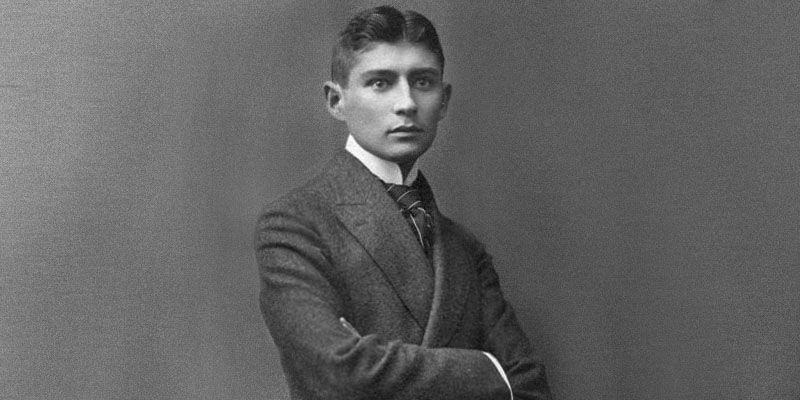When in Rome
- Solomon K.

- Apr 22, 2025
- 4 min read
What is interesting for us as readers of messianism developing, is to observe how the ideas and themes unfold and grow from the Bible through the Second Temple and New Testament literature, through the rabbinical writings of late antiquity / early medieval centuries.
For example, we saw the theme of shepherding from David through the prophecies, mentioned in the New Testament as well Jesus as Messiah as a prophetic shepherd redeemer leader of Israel, and of his disoriented disciples. Then it comes up here and there in the rabbinical texts.

Also for example the same verses, used in different ways, the star of Jacob applied to Bar Kochva, the Son of Man passage in Daniel and the Zechariah verse on coming on a donkey. Oneo the most significant themes is Elijah himself.
BT Sanhedrin 98:A Elijah and the Lepers
Here is a special story that feels surreal. The moral of the story pertains to the coming of the Messiah. It is full of motifs we have seen before. It also generates some motifs that come up later in messianic traditions, so read attentively!
Rabbi Yehoshua ben Levi found Elijah the prophet, who was standing at the entrance of the burial cave of Rabbi Shimon ben Yoḥai. Rabbi Yehoshua ben Levi said to him: Will I be privileged to come to the World-to-Come? Elijah said to him: If this Master, the Holy One, Blessed be He, will wish it so. Rabbi Yehoshua ben Levi says: Two I saw, Elijah and me, and the voice of three I heard.
Rabbi Yehoshua ben Levi said to Elijah: When will the Messiah come? Elijah said to him: Go ask him. Rabbi Yehoshua ben Levi asked: And where is he sitting? Elijah said to him: At the entrance of the city of Rome. Rabbi Yehoshua ben Levi asked: And what is his identifying sign by means of which I can recognize him? Elijah answered: He sits among the poor who suffer from illnesses. And all of them untie their bandages and tie them all at once, but the Messiah unties one bandage and ties one at a time. He says: Perhaps I will be needed to serve... Therefore, I will never tie more than one bandage, so that I will not be delayed.
Rabbi Yehoshua ben Levi went to the Messiah. He said to the Messiah: Greetings to you, my rabbi and my teacher. The Messiah said to him: Greetings to you, bar Leva’i. Rabbi Yehoshua ben Levi said to him: When will the Master come? The Messiah said to him: Today.
Sometime later, Rabbi Yehoshua ben Levi came to Elijah. Elijah said to him: What did the Messiah say to you? He said to Elijah that the Messiah said: Greetings [shalom] to you, bar Leva’i. Elijah said to him: He thereby guaranteed that you and your father will enter the World-to-Come, as he greeted you with shalom. Rabbi Yehoshua ben Levi said to Elijah: The Messiah lied to me, as he said to me: I am coming today, and he did not come. Elijah said to him that this is what he said to you: He said that he will come “today, if you will listen to his voice” (Psalms 95:7).
The man seeks the Messiah, or rather, to know when he will come. Ultimately, this in itself is a meta-theme. The fleeting answer or the mysterious and evasive position of the Messiah is another such theme, as is the role of Elijah generally in mitigating or preceding him.
What we do have here is an actual encounter with Elijah, and with the Messiah himself, which is more rare. I cannot say what exactly the tale is meant to be taken, if partially realistic or entirely unrealistic. It does feel surreal, but maybe it shares some mystical encounter.
The theme of Rome is somewhat original. Rome already appeared in the literature, whether directly, or indirectly by some symbol. Rome was the capital of the empire that ruled the world and destroyed Jerusalem. It also became the capital of Christianity.
Rome becomes more representative in the literature of Christianity than the pagan powerful empire. An interesting custom will pop up later where messianic mystics make a special messianic mission to Rome, as part of the messianic career, as if to break ground for the messianic coming.
Shimon bar Yochai appears here briefly, which is rare. He becomes in Jewish tradition one of the great, if not the greatest, mystical figures. From the tale of him hiding in the cave and coming out powerfully striking enemies, through the Zohar book and all of Kabbalah, where the connection between him and Elijah in the context of messianism is a great theme.

Another theme that sticks out here is leprosy! Why is the Messiah among the lepers? Why is he a leper himself? Where did that tradition come from?
When did it become associated with messianism with no explanation? It's really a crazy random association if you think about it. Keep reading to find out.



Comments